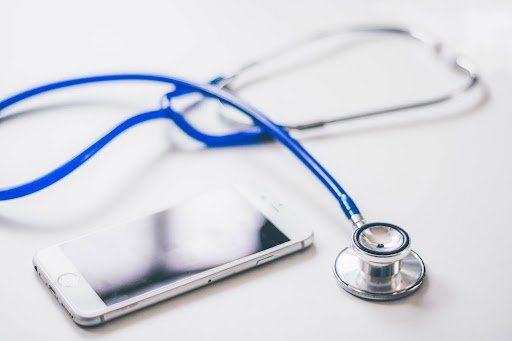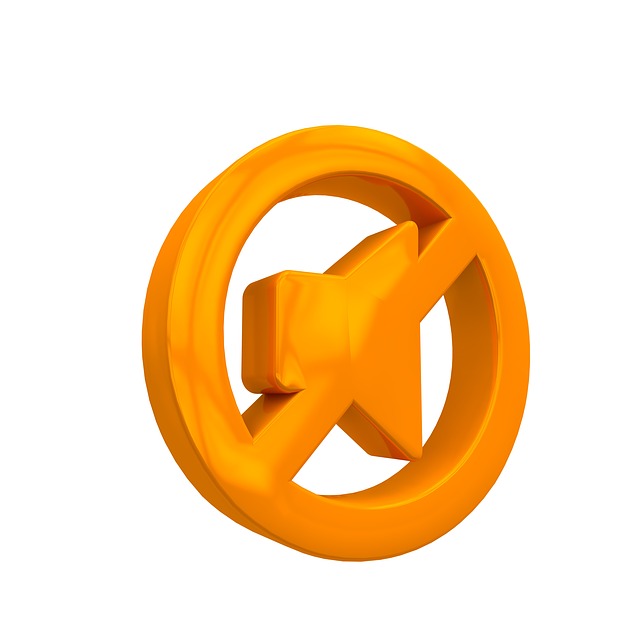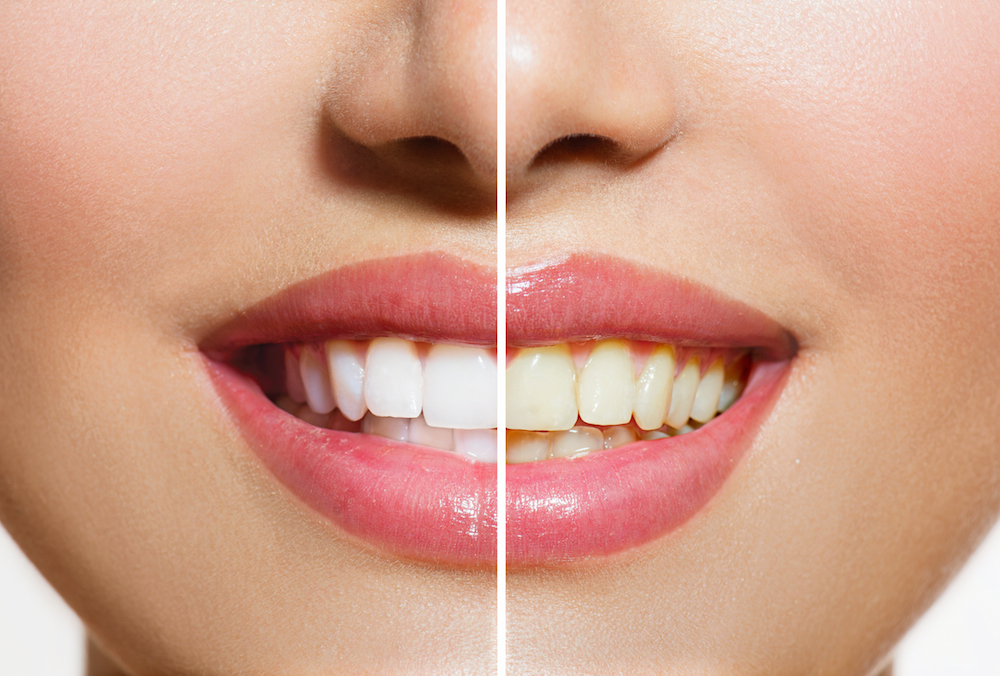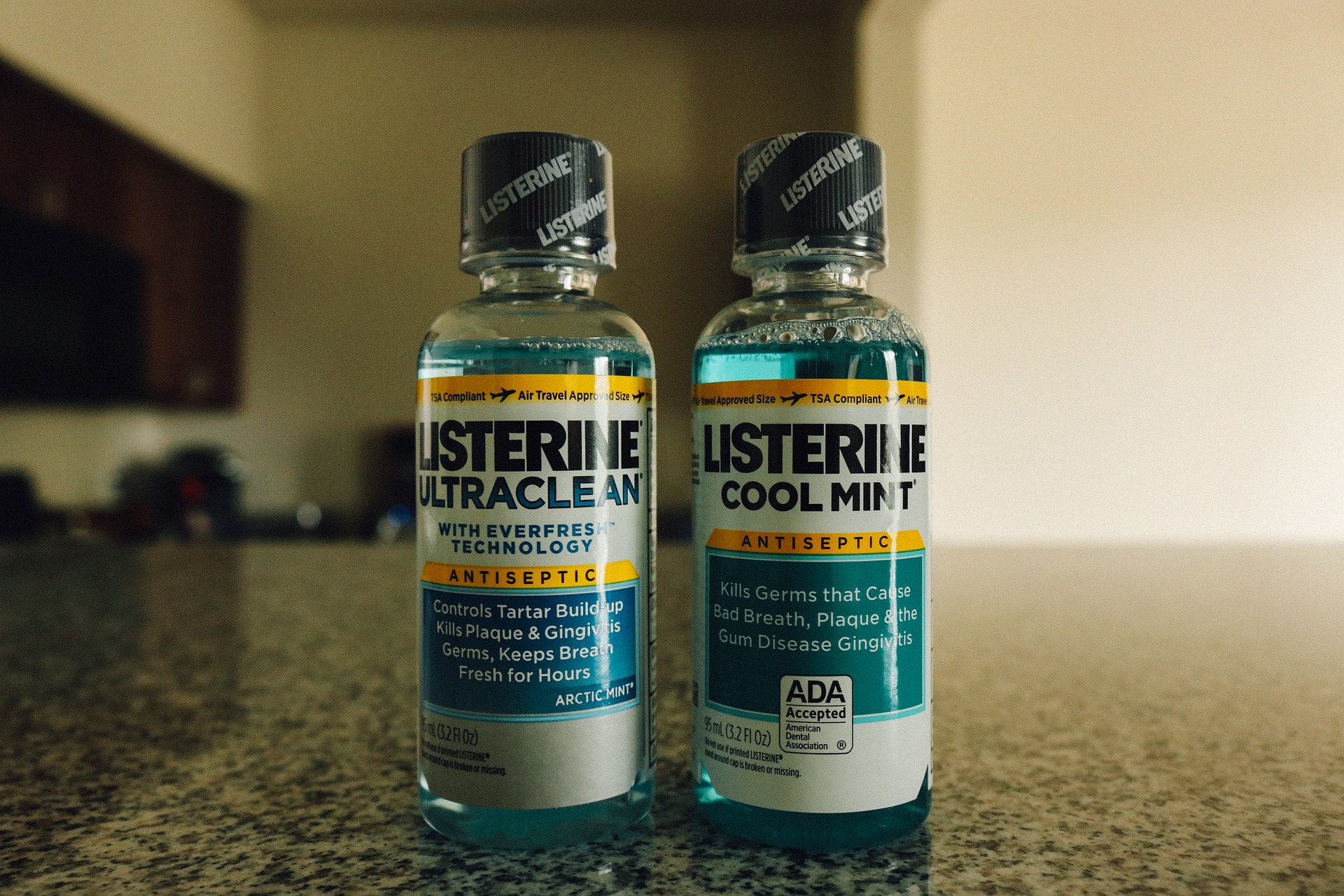
Welcome to Family 1st Dental – Creighton, your trusted Creighton dentist dedicated to your oral health and well-being. Gum disease, also known as periodontal disease, is a prevalent oral health concern affecting millions worldwide. While primarily associated with oral issues, recent studies have indicated a potential link between gum disease and cancer.
Research suggests that the inflammation stemming from gum disease might contribute to certain cancer types’ development. Chronic inflammation is a known factor in cancer development, and gum disease-related inflammation may spread throughout the body, potentially fostering cancerous cell growth. Evidence hints at a connection between gum disease and increased risks of pancreatic, kidney, leukemia, lymphoma, and other blood cancers.
Though the precise link between gum disease and cancer warrants further study, several theories attempt to explain their potential association. Some propose that bacteria from gum disease release toxins damaging DNA, fostering cancerous cell formation. Others suggest gum disease-induced inflammation weakens the immune system, heightening vulnerability to cancerous growths.
While research progresses, individuals can take proactive steps to lower their risks of both conditions. Maintaining excellent oral hygiene—regular brushing, flossing, and dental checkups—can thwart gum disease development. Additionally, adopting a healthy lifestyle—eating a balanced diet, engaging in regular exercise, and avoiding tobacco and excessive alcohol—can mitigate cancer risks.
In conclusion, while ongoing research delves into the gum disease-cancer link, evidence suggests inflammation from gum disease may contribute to certain cancer types. By prioritizing good oral hygiene and adopting healthy lifestyle habits, individuals can mitigate risks of both gum disease and cancer, enhancing overall well-being. Schedule a visit with Family 1st Dental – Creighton today for comprehensive dental care and proactive oral health management.
Family 1st Dental of Creighton
Phone: (402) 358-3484
Url: https://www.ffdcreighton.com/
615 Main Street
Creighton, NE 68729














